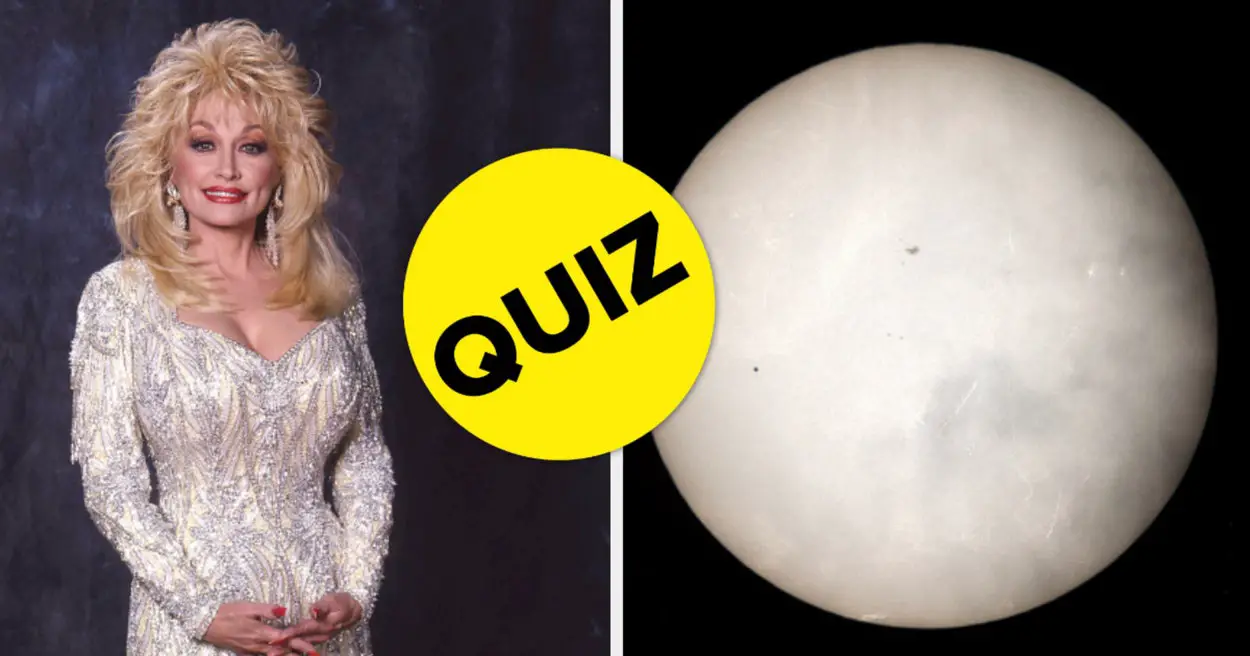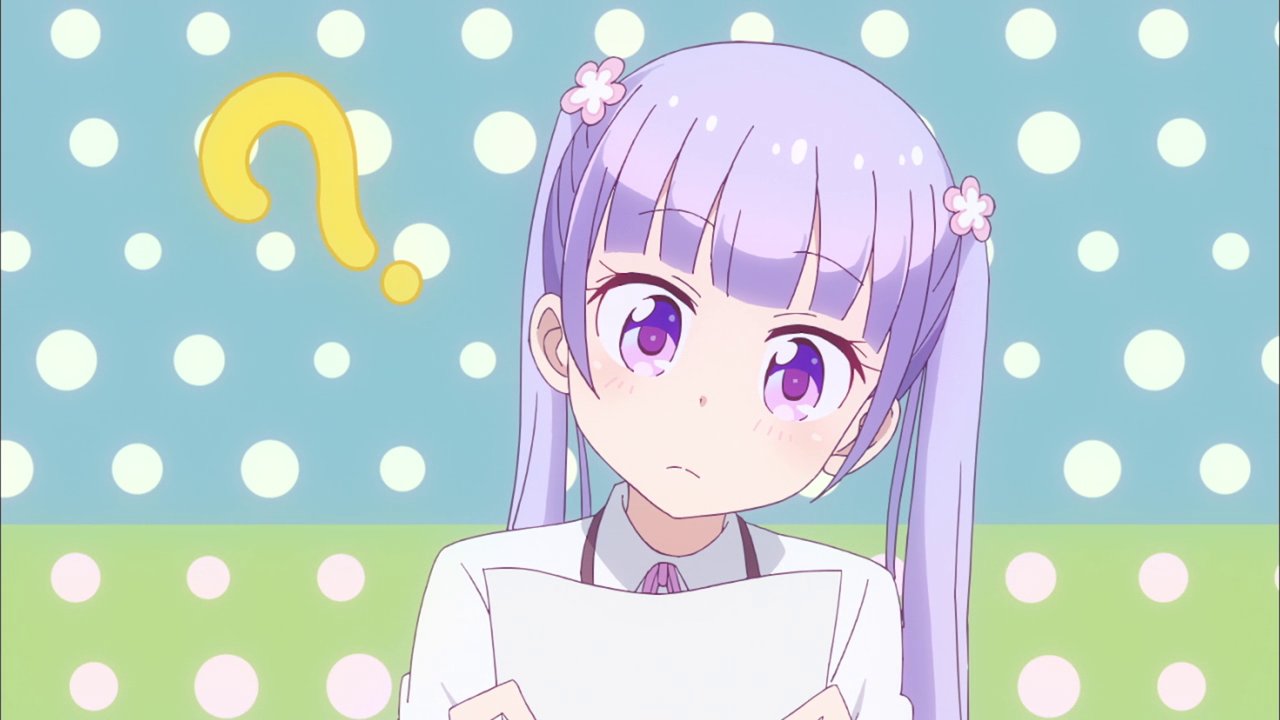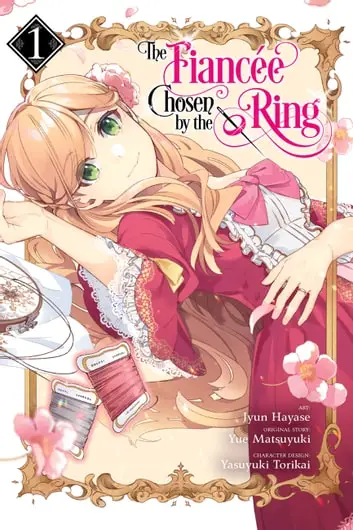Let’s say you’re watching an episode of Raven of the Inner Palace in Japanese. Or maybe it’s Thunderbolt Fantasy. A new character appears and introduces themselves, but the voice seems to say one thing and the subtitles another. Is the eponymous heroine Raven “Ryuu Jusetsu” or “Liu Shouxue?” Is the hero of Thunderbolt Fantasy “Shang Bu Huan” or “Shou Fu Kan?”
They look kind of similar but also not. It feels discordant to read and hear two different things that are supposed to be the same, so you might be wondering why such a decision was made.
What you’re running into is the legacy of how the Chinese language came to influence the Japanese language.
I am no expert when it comes to to Chinese-Japanese linguistic history, but I believe I can sum it up very briefly as follows. The Japanese language originally did not have a writing system, eventually began importing Chinese between the 3rd and 7th centuries AD to deal with that problem despite the fact that the language structures are dramatically different. Japanese began to use Chinese written characters (kanji), in some cases choosing to adopt Chinese pronunciations of words as well. Yet, because the languages are so far apart in fundamental ways, these pronunciations had to be approximated. The word for wood (木) was pronounced as muk in Chinese (specifically what’s called Middle Chinese by linguistic scholars), but due to the lack of ending consonants in Japanese, this became moku. Such onyomi, as the Chinese-approximate pronunciations came to be known, were codified into Japanese and are still used today.
But the Chinese languages continued to transform in China, and many pronunciations changed over the centuries. Various factors, from the rise and fall of dynasties to physical barriers creating pockets and enclaves of peoples meant that not only did the language end up different from its 7th century form, but also resulted in regional variations that can often be mutually unintelligible. While the Cantonese word for “wood” retains the “k” sound at the end (similar to how it was said in Middle Chinese), Mandarin Chinese (what is today the official language of China and the most common throughout the world) pronounces it as mu. This is because most of the ending consonants disappeared from Mandarin.
So when you have a hero or heroine with a Chinese name in an anime, that name can generally be written in Japanese through kanji. But when it comes to pronouncing these kanji, the default in Japanese is to use the old onyomi pronunciations. This is why Sun Wukong becomes Son Goku, and why Kongming (like in Ya Boy, Kongming!) becomes Koumei. But then, if these characters are ethnically Chinese or have origins in Chinese stories, might it be better to write their names out as if they were being pronounced in Chinese? The question is whether an anime based on Chinese culture should go Chinese -> Japanese -> English with names, or make it Chinese -> English. And if it’s a manga or novel, and there is no issue of text and audio disagreeing, is it still an issue?
There are many other factors that can complicate this decision. While many anime and manga are set in China, some series take place in a world that is merely Chinese-folklore-inspired. Twelve Kingdoms, for example, is a fantasy series where all the countries have names that would make sense in China, but would translating the names into Chinese be too far removed from the source material, given that the series is originally Japanese and the world of the Twelve Kingdoms isn’t technically China? And even if a story is set in China, what if it takes place in the 5th Century AD or any other time when even “official” Chinese sounded substantially different from its modern form? Or what if a story takes place in a region of China where Mandarin Chinese isn’t the dominant form? What if there’s a Chinese character living in Japan, and everyone pronounces their name as if it’s Japanese but they refer to themselves internally with their Chinese pronunciation? In English, we’re increasingly at a point where the right thing to do is to respect the person’s own desire for how to pronounce their name, but the context of onyomi in Japanese complicates that decision.
The toughest thing is that there is no right or wrong answer because it’s not even a matter of Japanese vs. English but rather Japanese vs. English and the point at which to insert the inherent Chinese cultural aspect into a translation. Whatever choices are made, it‘s important to understand that “accuracy” and “faithfulness” are not so simple.
(Happy New Year!)
Source link










Leave a Reply